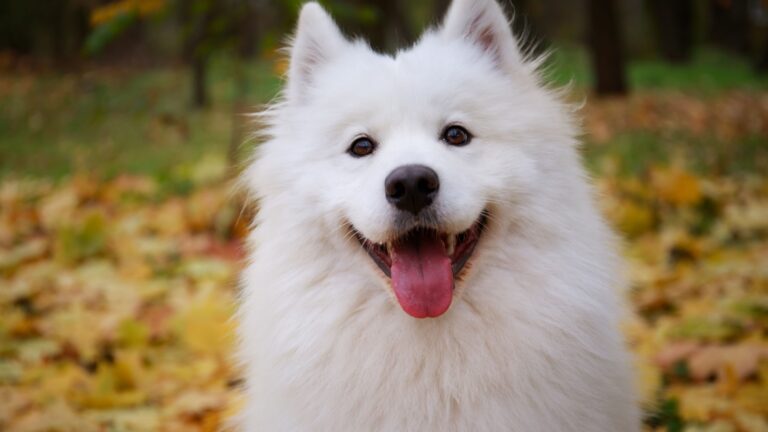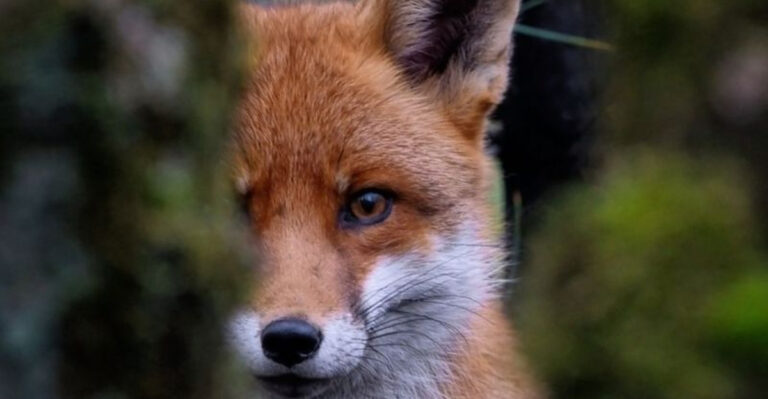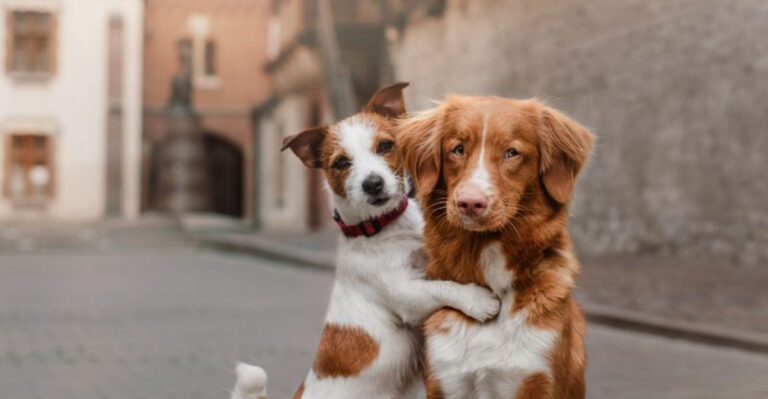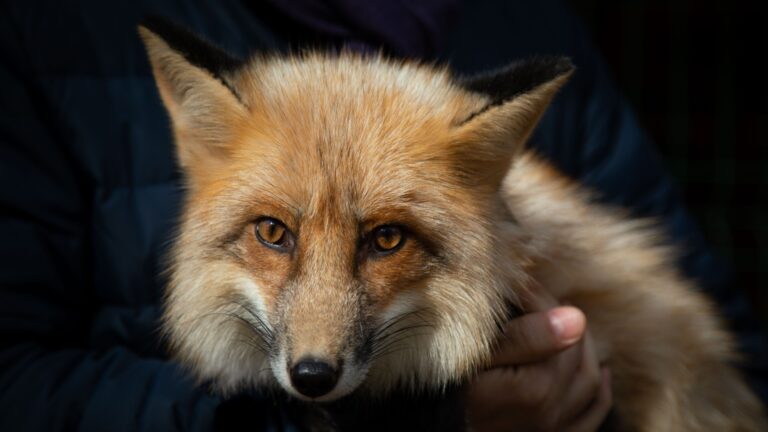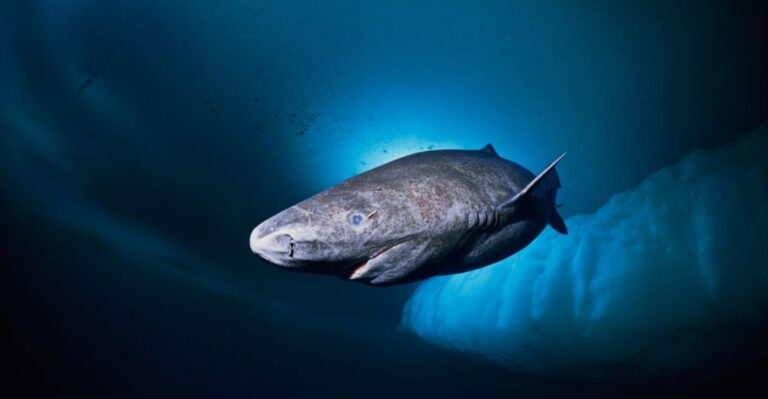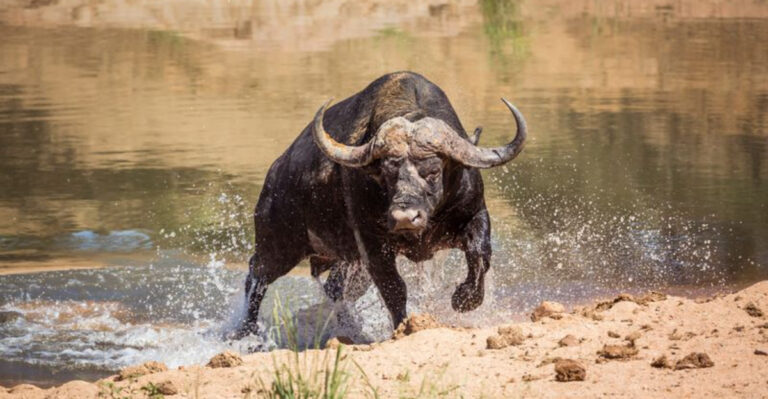16 Dog Breeds That Aren’t Recommended For Kids
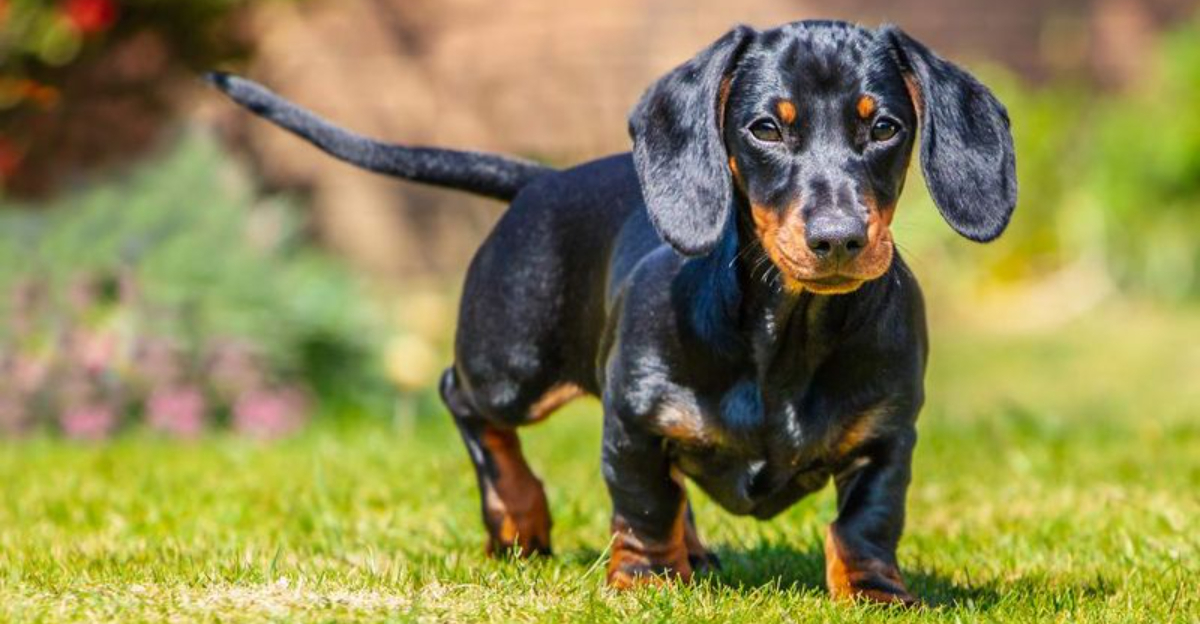
Dogs are often seen as friendly companions for families, but not all breeds are suited for households with children.
Some breeds have traits or needs that make them less ideal around kids, whether it be due to their size, energy levels, or temperament. Understanding these differences can help parents make informed decisions when considering a furry addition to the family.
1. Chow Chow
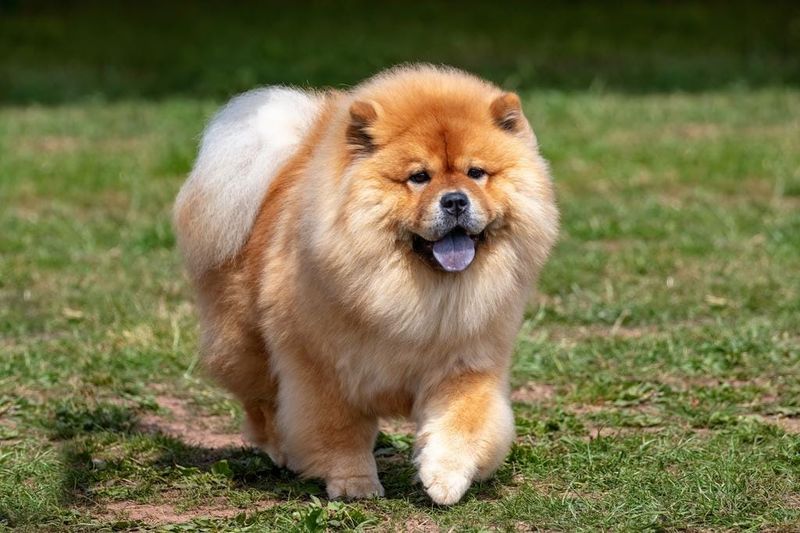
With a lion-like mane and an independent spirit, the Chow Chow is a fascinating breed. They’re known for their aloof demeanor and can be quite reserved, especially with strangers.
Despite their fluffy appearance, they aren’t the cuddly type. Their strong-willed nature often requires experienced handling, making them less suitable for kids.
2. Dalmatian
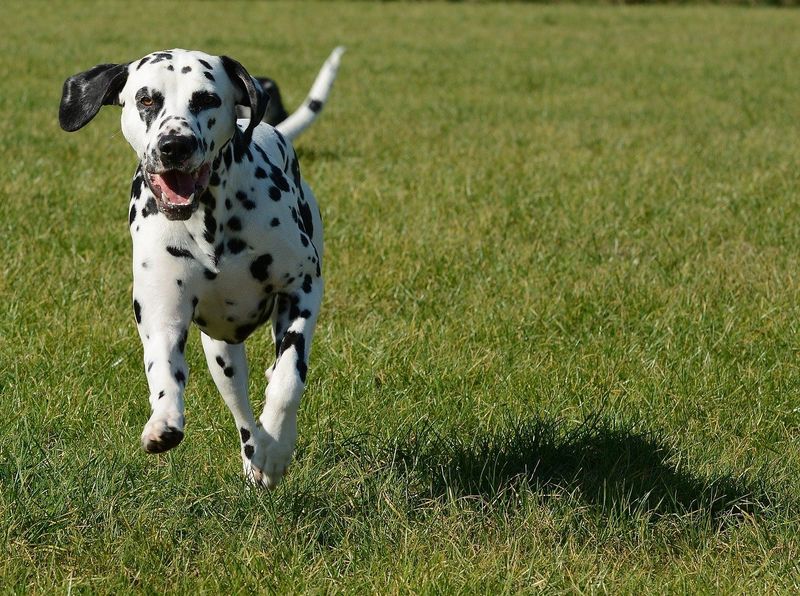
Spots and speed are the trademarks of the Dalmatian. Famous for their role as firehouse mascots, these dogs have boundless energy.
This high energy can translate to overwhelming playtime for young children. They thrive with lots of exercises and have a stubborn streak that requires patient training.
Their history as carriage dogs means they love to run—perfect for active families but challenging with small kids.
3. Akita
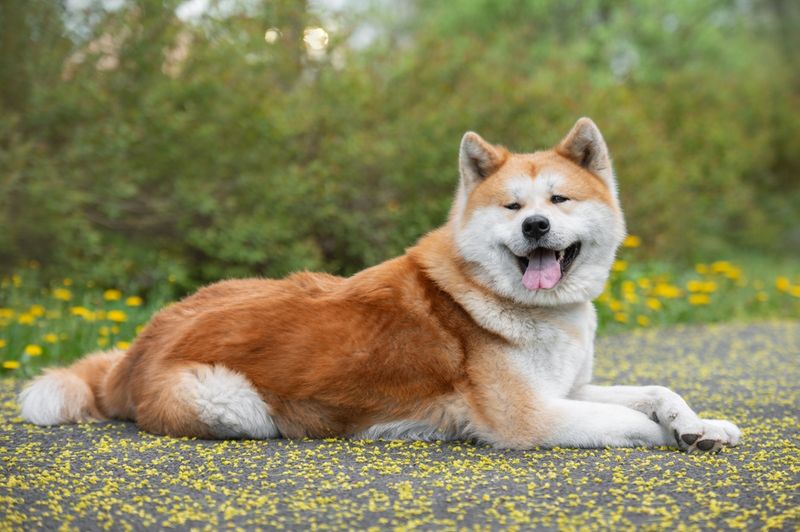
Akitas are known for their loyalty and bravery, often compared to samurais of the dog world. Their protective nature is admirable but can lead to over-guarding tendencies.
They are strong, independent, and sometimes too assertive with kids who might not understand boundaries.
Originally bred in Japan for hunting, these dogs require firm training and socialization—a challenge for families with young children.
4. Rottweiler
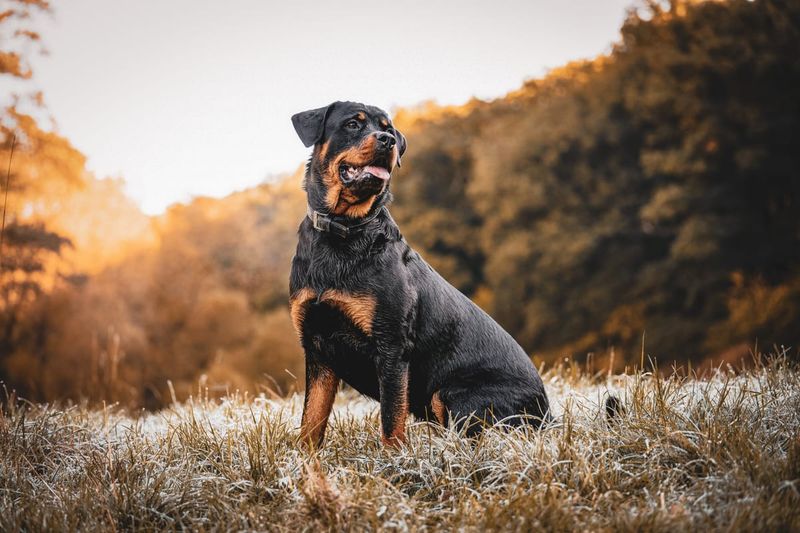
Rottweilers carry an imposing presence with their robust build and intense gaze. Known for their protective instincts, they can be excellent guard dogs.
However, their strength and determination need experienced handling, especially around kids who might inadvertently provoke them.
Despite their reputation, they are loyal and loving with proper training and socialization, but their assertive nature requires a confident owner.
5. Chihuahua
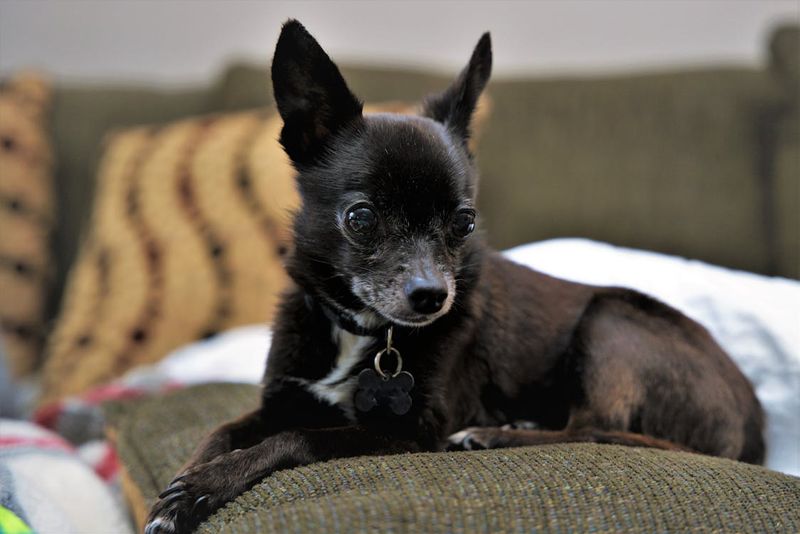
Small but with a large personality, Chihuahuas are a bundle of energy and sass. They often bond closely with one person, which can make them less tolerant of children. Their tiny size makes them fragile, and they might snap if startled or mishandled by playful kids.
Chihuahuas thrive in calm environments where their quirks are understood and respected—not always the case in busy households with kids.
6. Husky
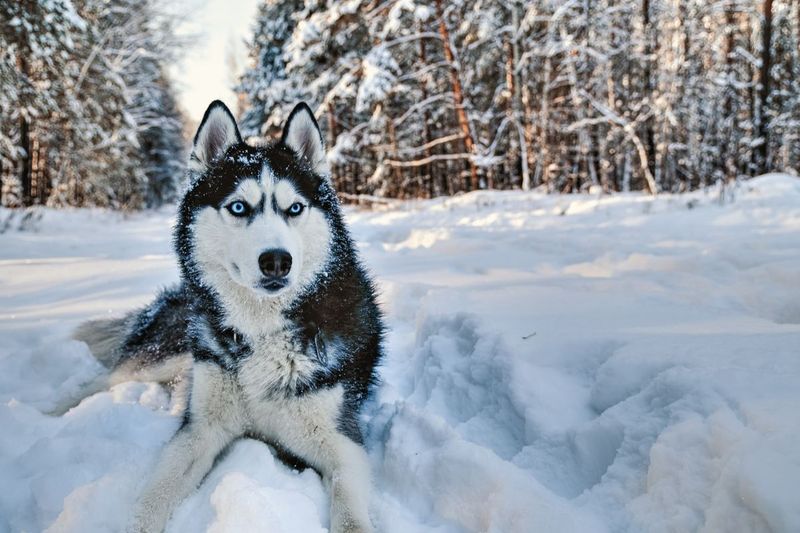
Huskies are the free-spirited adventurers of the canine world. With their striking eyes and wolf-like appearance, they capture many hearts. However, their high energy levels and love for running can be too much for families with young children.
They require lots of physical and mental stimulation, often seeking escape and adventure—traits not always compatible with the demands of a household with kids.
7. Weimaraner
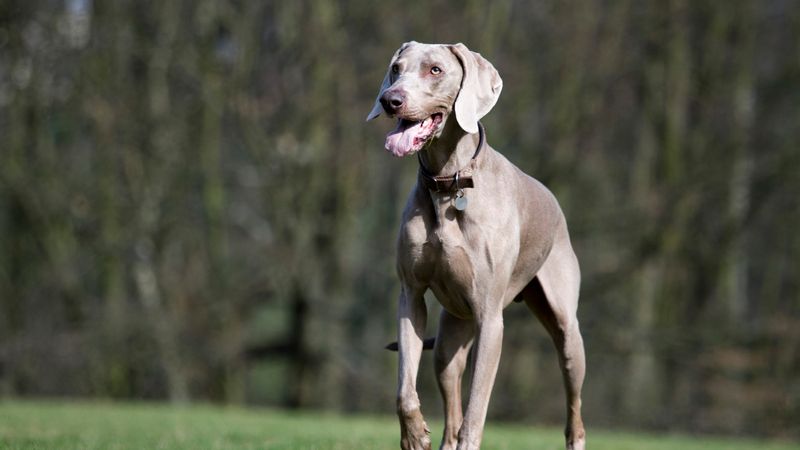
Known for their silvery-gray coat and aristocratic demeanor, Weimaraners are hunting dogs at heart. They are intelligent and energetic, needing plenty of exercise and mental challenges. Their high energy can be overwhelming for young kids, and they require structured environments to thrive.
Originally bred for hunting large game, they possess a prey drive that might not mix well with small children’s playful antics.
8. Pekingese
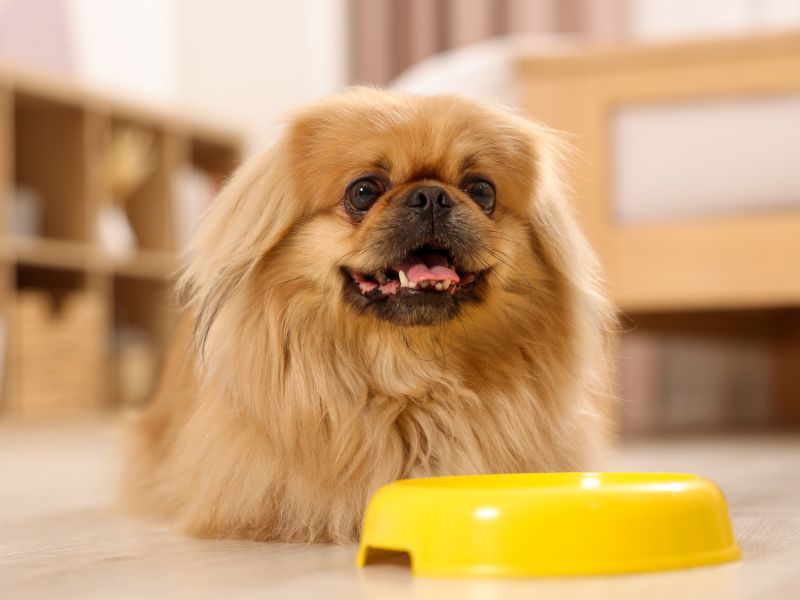
With a rich history as companions to Chinese royalty, Pekingese dogs carry themselves with an air of dignity. Their independent nature means they prefer limited handling. This breed can be aloof and is not always patient with children who want constant interaction.
While they enjoy lounging like little emperors, their stubborn streak can be a challenge for households with young, energetic kids.
9. Shiba Inu
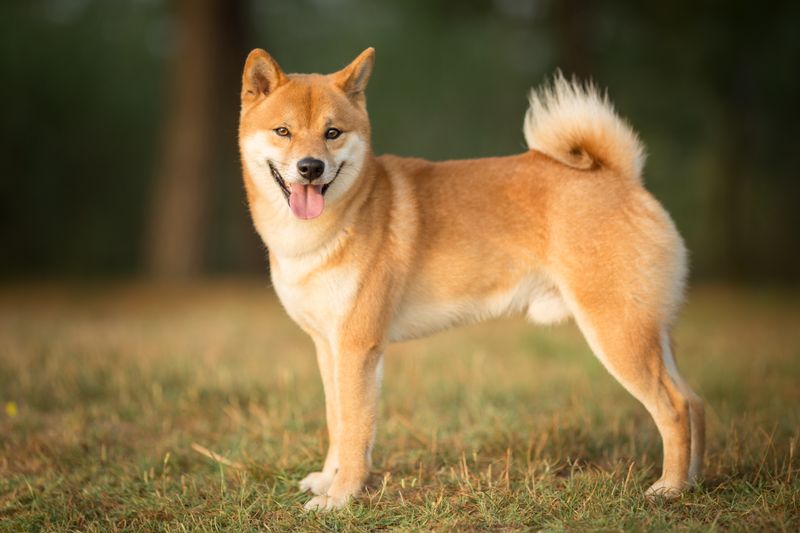
Famous for their fox-like appearance and spirited nature, Shiba Inus are independent and bold. They are known for being clean and quiet but can be stubborn. Their strong-willed demeanor often calls for experienced owners who can provide firm guidance.
With their keen senses and alertness, they can be aloof with young kids, making them less than ideal for families seeking a playful companion for their children.
10. Basenji
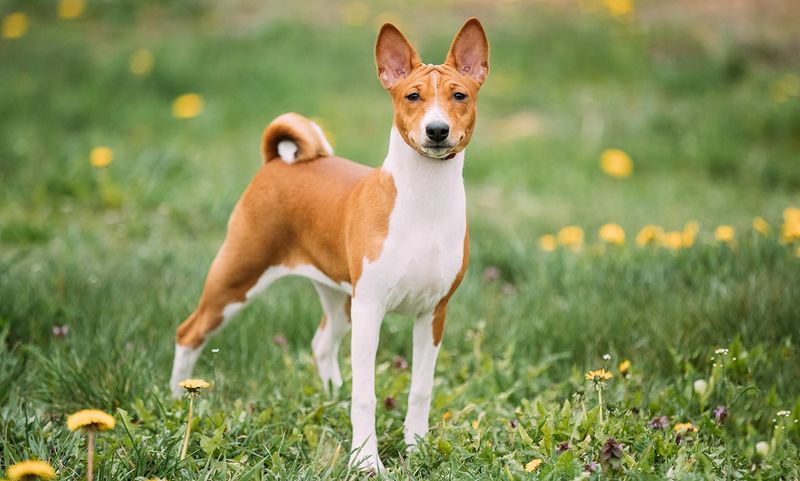
Known as the “barkless dog,” the Basenji is full of surprises. They communicate through unique yodel-like sounds and are energetic and curious.
Their independent nature can mean they’re less inclined to obey commands, which might not suit families with young kids.
Originally from Africa, their keen hunting instincts mean they’re alert and active, sometimes leading them to chase rather than play gently with children.
11. Mastiff
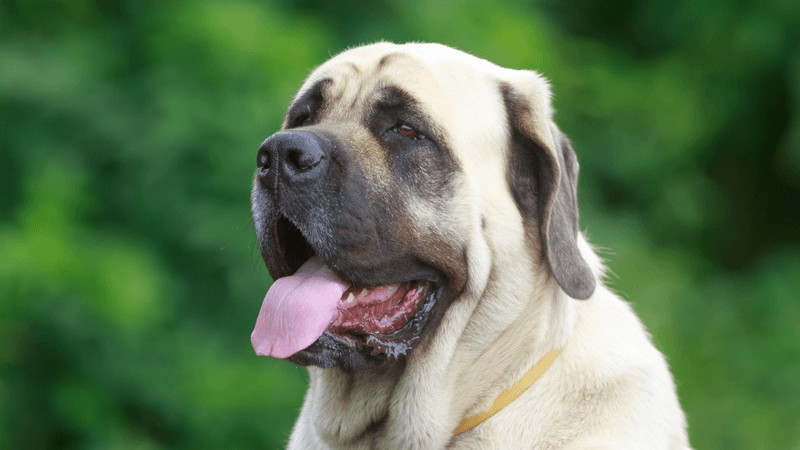
Size matters when it comes to Mastiffs. These gentle giants are affectionate but can be intimidating due to their sheer size alone.
Their drooling and lumbering movements might not be ideal for small children. They require plenty of space and can accidentally knock over little ones.
Despite their imposing presence, they are known for a calm demeanor when well-trained but need careful supervision around young kids.
12. Jack Russell Terrier
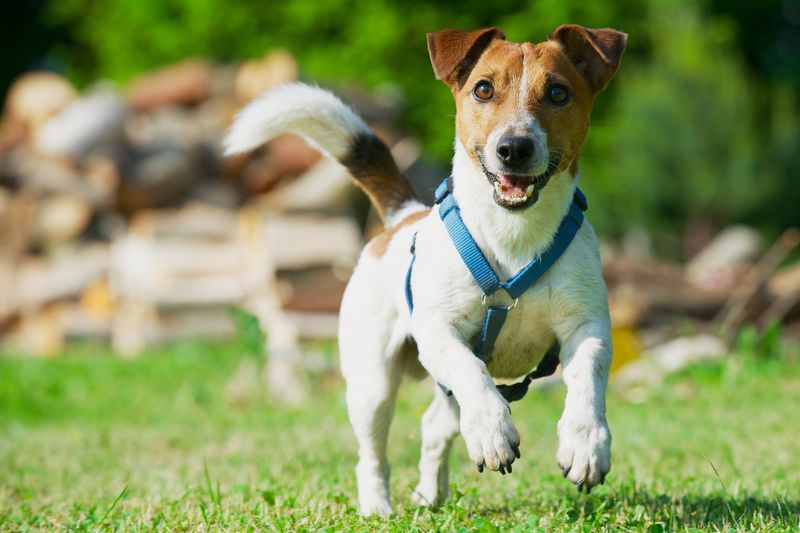
Small, energetic, and full of life, the Jack Russell Terrier is a dynamo. They excel at agility and love to dig.
This boundless energy and their strong hunting instincts can lead to mischief, especially around kids who can’t keep up.
Their intelligence means they need constant mental stimulation, and without it, they might become a handful for families with young children.
13. Great Dane
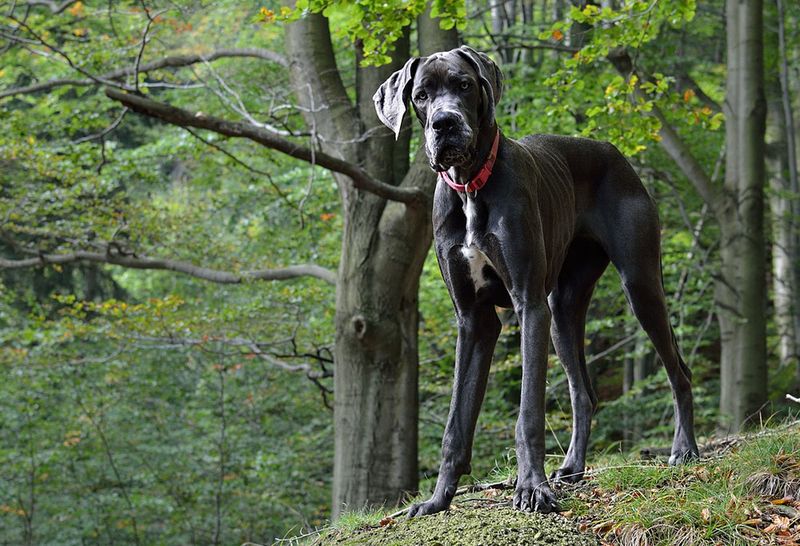
Despite their giant size, Great Danes are often gentle and loving. Their sheer size, however, can be overwhelming for small children. They’re known for being affectionate, but their enthusiasm might lead to accidental knocks and bumps.
With proper training, they can be wonderful companions, but their needs for space and careful handling make them a more suitable choice for families with older kids.
14. Afghan Hound
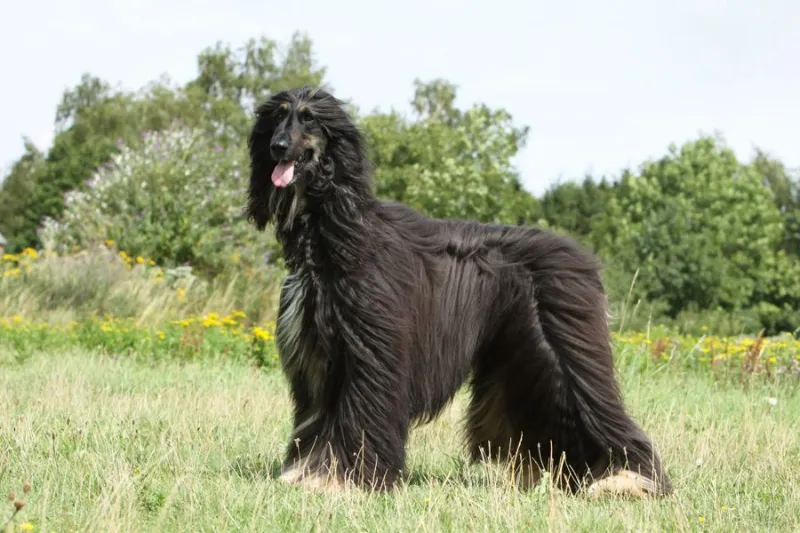
Elegance and grace define the Afghan Hound. With their long, flowing coats, they look like they’ve walked out of a fashion magazine.
These dogs are independent and may appear aloof, preferring solitary company over constant playtime with kids.
Originally bred for hunting in the rugged terrains of Afghanistan, their high energy and sight-driven instincts might not align with a household bustling with young children.
15. Dachshund
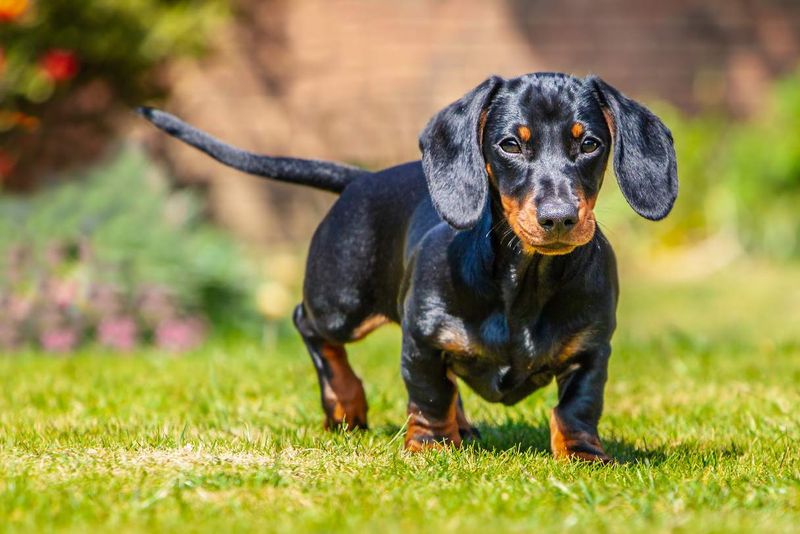
Dachshunds, with their long bodies and playful nature, are charming but come with a stubborn streak. They were bred to chase and dig, which can translate to a determined spirit that’s hard to control around kids.
Though affectionate with family, their hunting background means they might not tolerate rough play, making them less suitable for families with very young children.
16. Doberman Pinscher
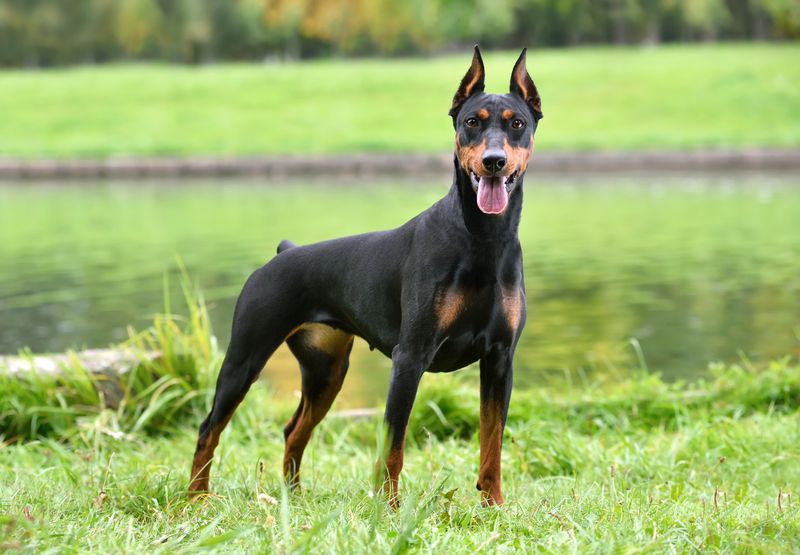
Known for their loyalty and intelligence, Doberman Pinschers are often used as guard dogs. Their protective instincts are admirable, but their assertive nature requires experienced handling, especially around children who might not recognize boundaries.
With proper training, they’re affectionate and loyal, but their energy levels and strength mean they’re better suited to families who can provide consistent leadership and boundaries.

